Publications
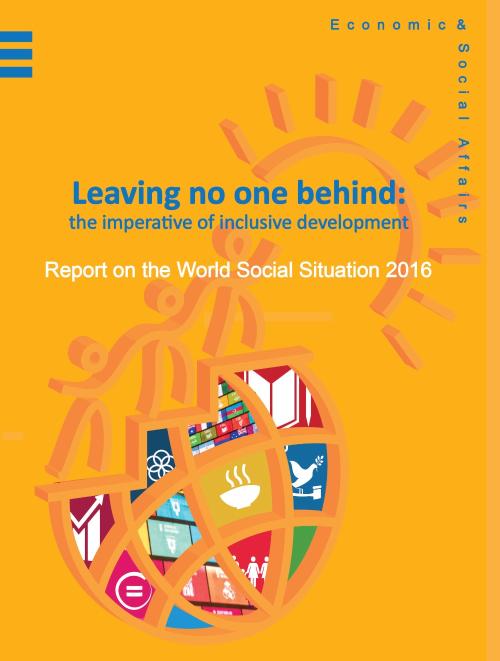
Despite unprecedented social progress around the world, many people continue to face social exclusion and limited access to social, economic and political opportunities, warns a new United Nations report. The 2016 Report on the World Social Situation, entitled Leaving No One Behind – The Imperative of Inclusive Development, released today by UN DESA, examines the social, economic and political disadvantages that some groups of the population face, namely youth, older persons, ethnic minorities, indigenous peoples, migrants and persons with disabilities.
It also makes policy recommendations to help governments overcome development hurdles and address barriers that limit people’s…
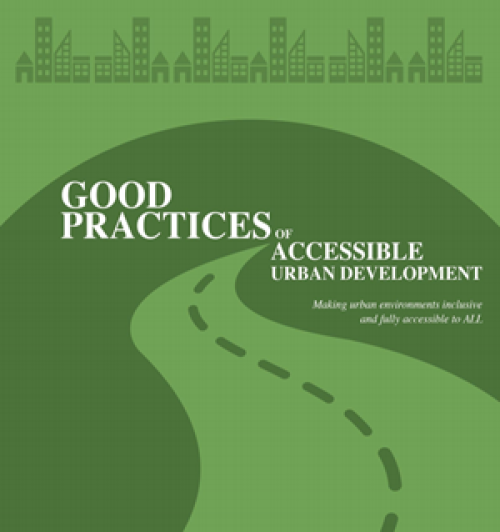
By 2050, it is expected that about 6.25 billion people, 15 per cent of whom are persons with disabilities, will be living in urban centres. Urbanization has the potential to be an engineer for achieving sustainable and inclusive development for all. This new publication on “Good Practices of Accessible Urban Development” illustrates and encourages more initiatives and concrete actions from both developing and developed countries in advancing urban development to be accessible and inclusive to all, including persons with disabilities and other special needs.
Highlighting key experiences and lessons learned from 24 case studies, the publication contributes to the ongoing discourse…
Evidence is increasing that climate change is taking the largest toll on poor and vulnerable people, and these impacts are largely caused by inequalities that increase the risks from climate hazards, according to a new report launched by the United Nations today.
The World Economic and Social Survey 2016: Climate Change Resilience—an Opportunity for Reducing Inequalities (#WESS2016), found that governments can play a significant role in reducing the risks of climate change to vulnerable populations. Through transformative policies, the report shows that governments could address the root causes of inequalities and build climate change resilience.
While there is…
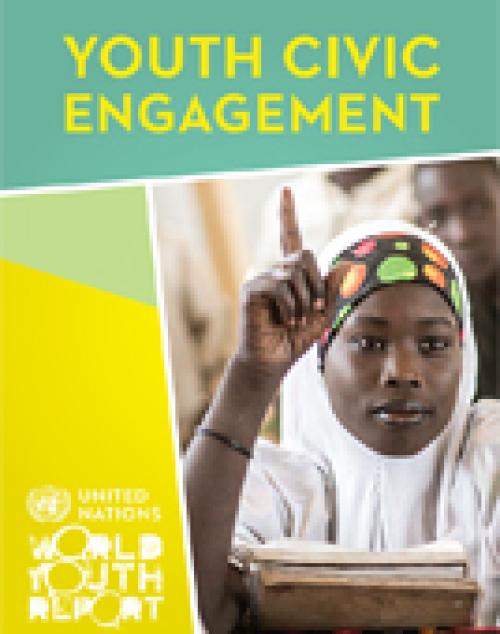
The responsibility for finding solutions to the problems affecting young people – such as unemployment, low representation in political processes, and social exclusion – lies largely with Governments, according to a United Nations report on youth engagement released today.
The World Youth Report on Youth Civic Engagement, compiled by the UN Department of Economic and Social Affairs (DESA), explores young people’s participation in economic, political and community life, and is intended to serve as an impetus and tool for policy discussion between youth and government.
On economic engagement, the report notes that unemployment affects more than 73 million young people…
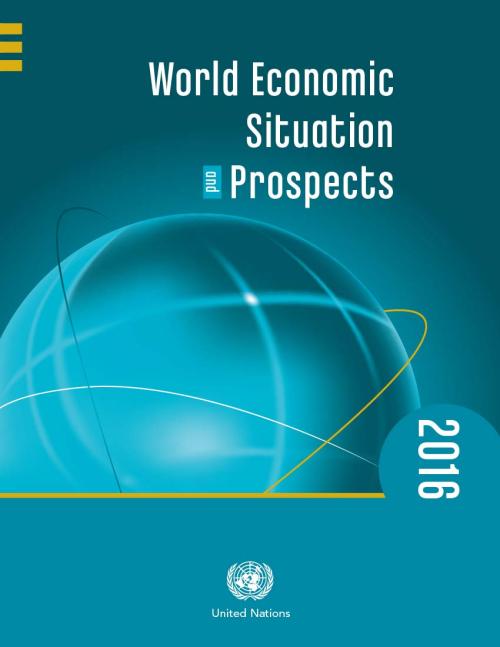
Economic activity in the world economy remains lacklustre, with little prospect for a turnaround in 2016, says UN DESA’s World Economic Situation and Prospects as of mid-2016 report, launched today. According to the report, world gross product will grow by just 2.4 per cent in 2016, the same pace as in 2015, marking a downward revision of 0.5 percentage points from UN forecasts released in December 2015.
Persistent weakness in aggregate demand in developed economies remains a drag on global growth, while low commodity prices, mounting fiscal and current account imbalances and policy tightening have further dampened prospects for many commodity-exporting economies in Africa, the…
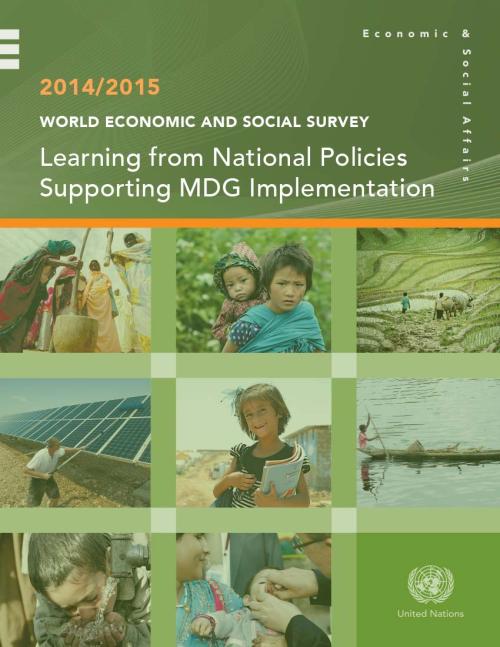
The launching of the Millennium Development Goals (MDGs) at the dawn of the present century ushered in one of the most important initiatives undertaken by the United Nations. Concerted efforts at the international, national and subnational levels to achieve the MDGs have brought about significant development progress over the past 15 years. Nevertheless, important development gaps remain.
The year 2015 was one of global action on the unfinished business of the MDGs and the many other challenges facing humankind. Once again, the United Nations has taken the leading role in promoting development for all, and through an inclusive consultation process has formulated the 2030 Agenda…
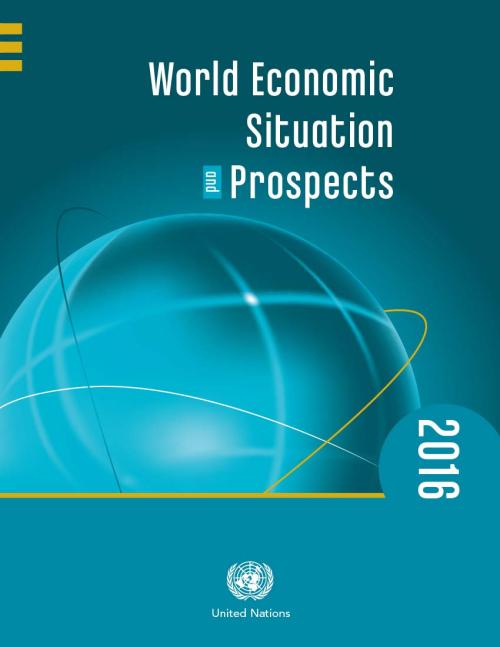
The world economy stumbled in 2015 and only a modest improvement is projected for 2016/17 as a number of cyclical and structural headwinds persist, says the United Nations World Economic Situation and Prospects (WESP) 2016 report.
Global growth is estimated at a mere 2.4 per cent in 2015, marking a downward revision by 0.4 percentage points from the UN forecasts presented six months ago. Amid lower commodity prices, large capital outflows and increased financial market volatility, growth in developing and transition economies has slowed to its weakest pace since the global financial crisis of 2008/2009.
Given the much anticipated slowdown in China and persistently weak…
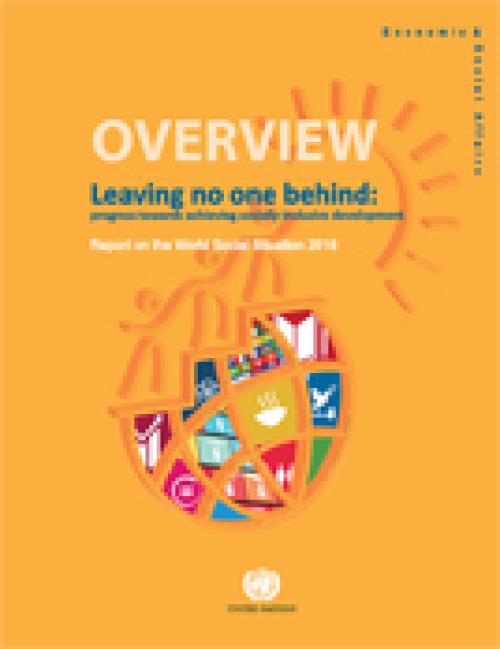
In adopting the 2030 Agenda for Sustainable Development, world leaders committed themselves to leaving no one behind in pursuit of the eradication of extreme poverty and protection of the planet. Through concerted efforts galvanized by the MDGs, the world has made progress in reducing poverty, but social exclusion persists in both developed and developing countries. At the same time, some countries have been able to effectively promote inclusion even at low levels of income and development.
This volume of the Report on the World Social Situation (RWSS) will focus on social inclusion. In particular, it will examine patterns of social exclusion and will assess whether growth…
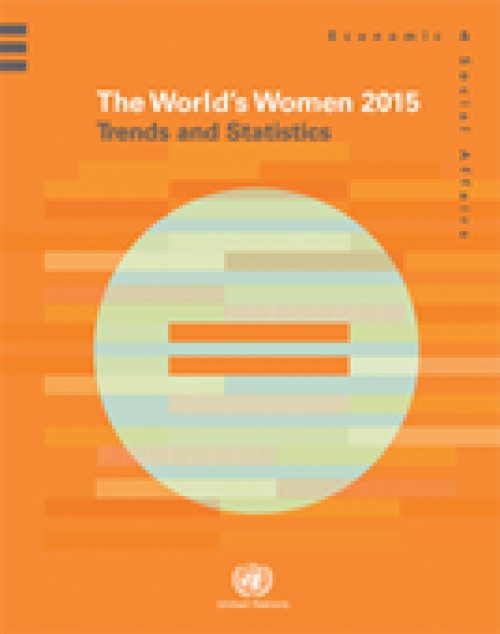
The lives of women and girls around the world have improved in several areas over the last 20 years, according to the new UN DESA report “The World’s Women 2015,” launched today. Coming on the heels of the recently adopted Sustainable Development Goals (SDGs), this new set of data on women and girls worldwide brings into sharp perspective the need for gender equality outlined in Goal 5.
“We cannot achieve our 2030 Agenda for Sustainable Development without full and equal rights for half of the world’s population, in law and in practice,” said UN Secretary-General Ban Ki-moon at a recent event on gender equality organized on the side of the Sustainable Development Summit.…
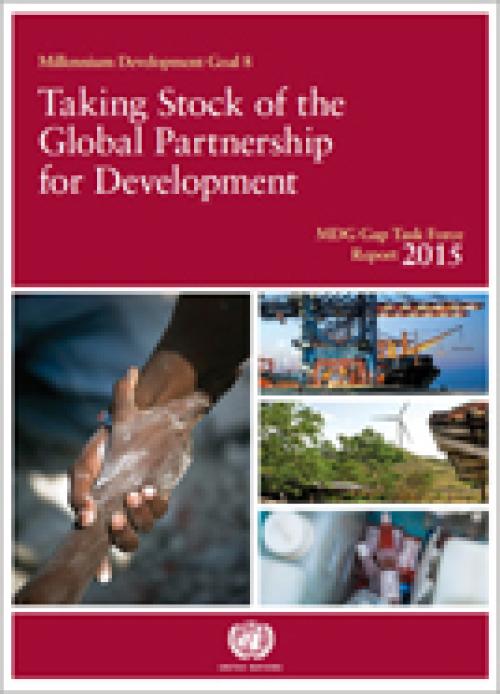
The Millennium Development Goals (MDGs) achieved significant progress over the past 15 years, but persistent gaps in official development assistance and an insufficient access to markets, affordable medicines and new technologies have highlighted the need for a rejuvenation of the global partnership for development, according to a new report launched today by United Nations Secretary-General Ban Ki-moon.
The “Taking Stock of the Global Partnership for Development” report of the United Nations MDG Gap Task Force monitors the recent achievements and challenges in the implementation of the Millennium Development Goal 8, while looking ahead towards the new…
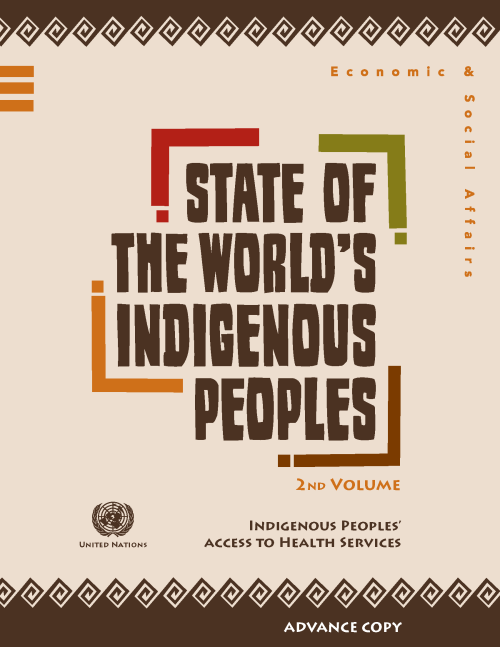
This publication sets out to examine the major challenges for indigenous peoples to obtain adequate access to and utilization of quality health care services. It provides an important background to many of the health issues that indigenous peoples are currently facing. Improving indigenous peoples’ health remains a critical challenge for indigenous peoples, States and the United Nations.
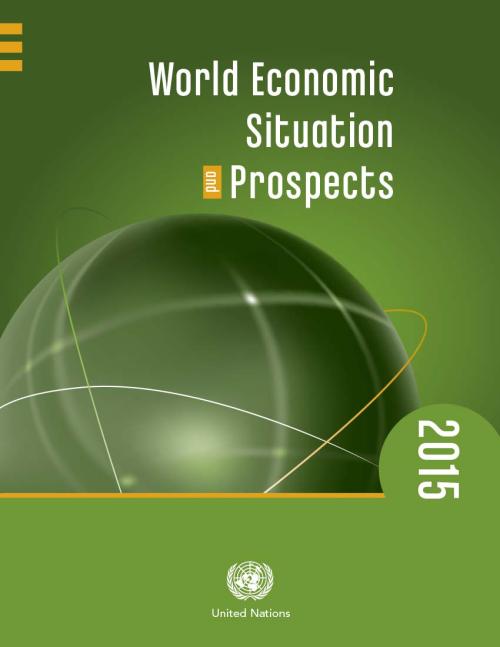
The world economy continues to grow at a modest pace, with a gradual improvement projected for the second half of 2015 and 2016, according to the World Economic Situation and Prospects (WESP) as of mid-2015 report.
Growth of world gross product is projected to improve slightly from 2.6 per cent in 2014 to 2.8 per cent in 2015—a downward revision by 0.3 percentage points from the forecast presented in the WESP 2015 in January.
The downward revision reflects mainly deterioration in the prospects of the economies in transition and several large developing countries, especially in South America. In 2016, global growth is forecast to improve to 3.1 per cent, which is still well…
 Welcome to the United Nations
Welcome to the United Nations